Human brains take in sensory data at more than 1 billion bits per second, but only process that information at a measly 10 bits per second, new research has found.
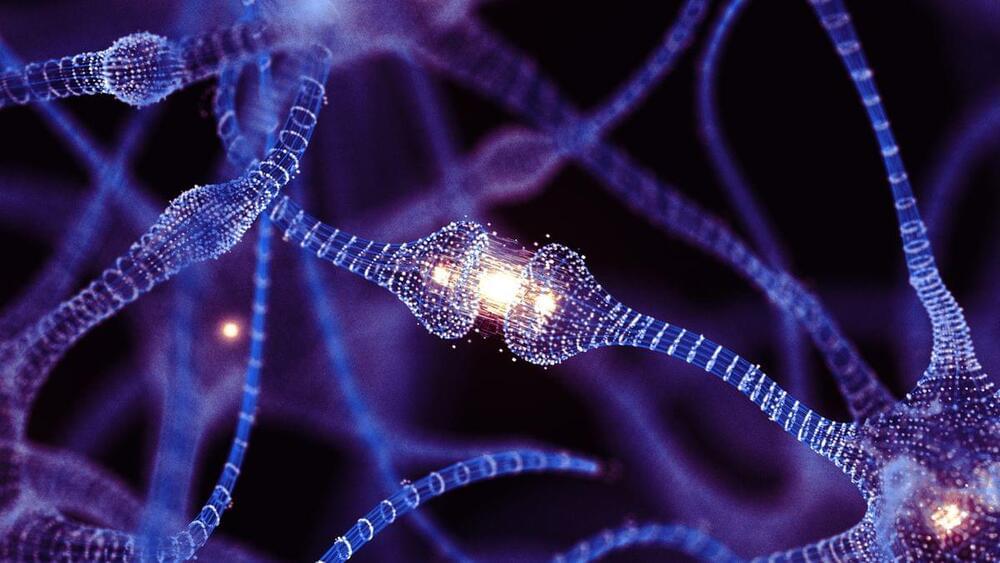

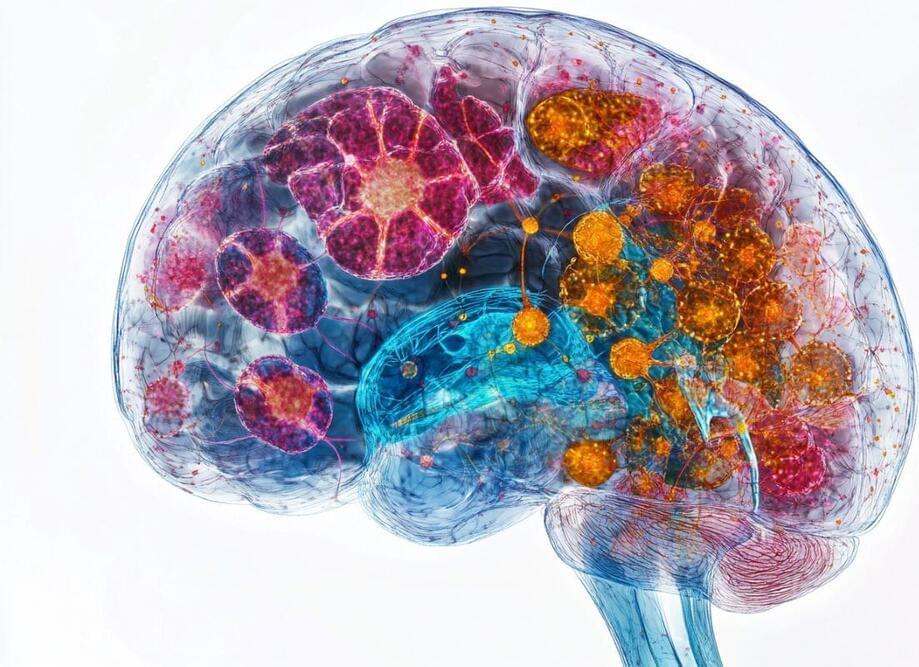
Summary: Researchers have identified a unique stem cell in the young brain capable of maturing into multiple cell types, potentially explaining the origins of autism and glioblastoma. These stem cells show gene expression patterns that regulate early brain development and, when disrupted, could lead to neurological conditions.
The study provides a detailed gene expression map, linking autism-related genes to immature neurons active during brain growth. The findings open avenues for targeting glioblastoma’s origins and better understanding autism’s developmental roots.
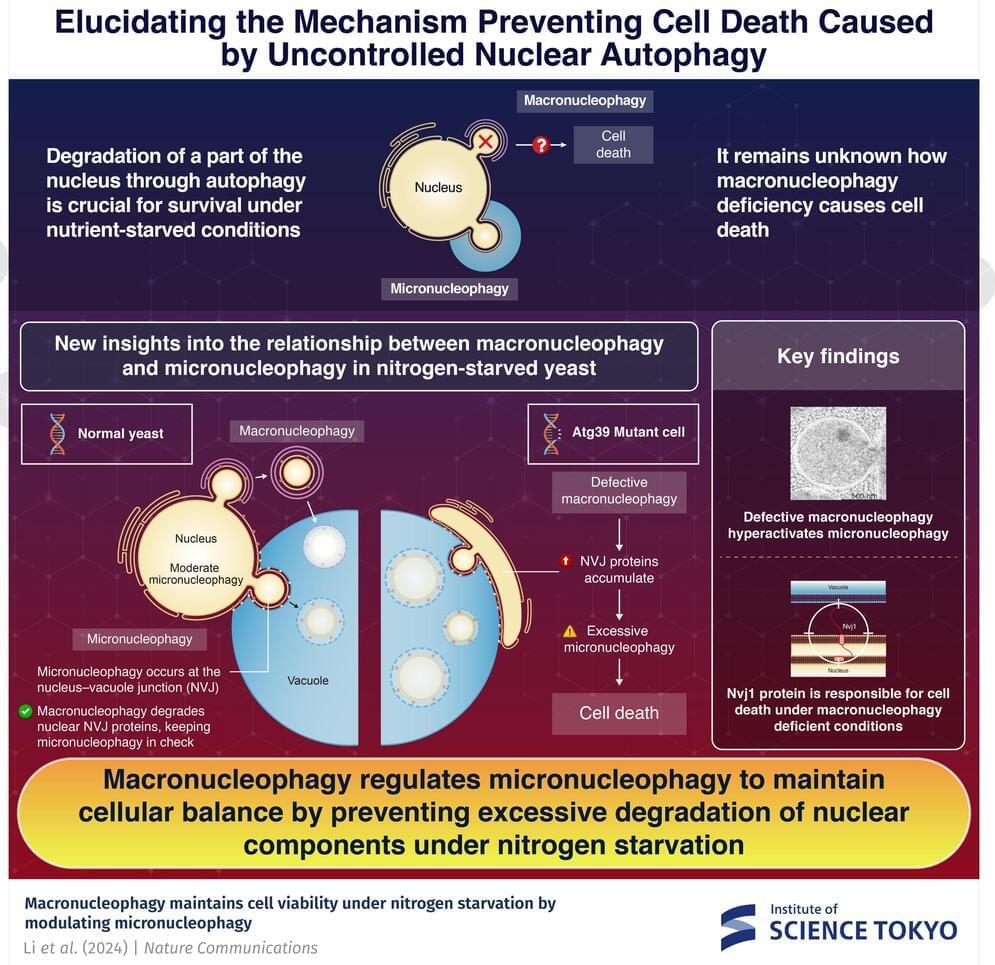
Autophagy, the cell’s essential housekeeping process, involves degrading and recycling damaged organelles, proteins, and other components to prevent clutter. This vital mechanism, found in all life forms from single-celled organisms to plants and animals, is key to maintaining cellular homeostasis. Its disruption is linked to many known diseases in humans, such as Alzheimer’s, Parkinson’s, and cancer.
Though understanding autophagy in detail is important from medical and biological perspectives, it is not a one-size-fits-all process. There are several forms of autophagy that differ in how the components to be degraded are transported to the lysosomes or vacuoles—the organelles that serve as the cell’s waste disposal and recycling centers.
Autophagy targets a range of intracellular components, including a part of the nucleus that stores important chromosomes. However, the physiological significance of autophagic degradation of the nucleus remains unknown.
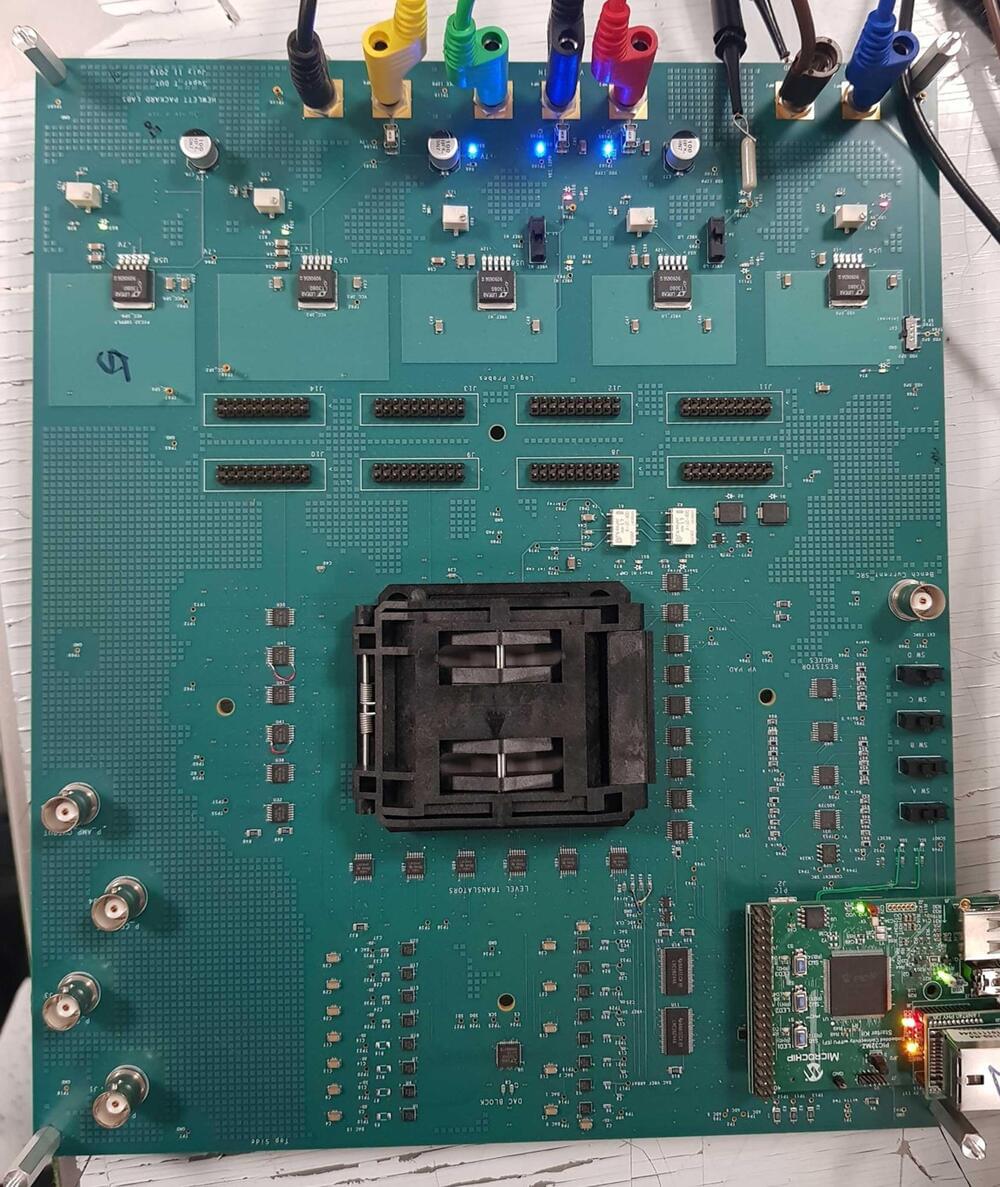
In an unprecedented new study, researchers have shown neurotransmitters in the human brain are released during the processing of the emotional content of language, providing new insights into how people interpret the significance of words.
The work, conducted by an international team led by Virginia Tech scientists, offers deeper understanding into how language influences human choices and mental health.
Spearheaded by computational neuroscientist Read Montague, a professor of the Fralin Biomedical Research Institute at VTC and director of the institute’s Center for Human Neuroscience Research, the study represents a first-of-its-kind exploration of how neurotransmitters process the emotional content of language—a uniquely human function.
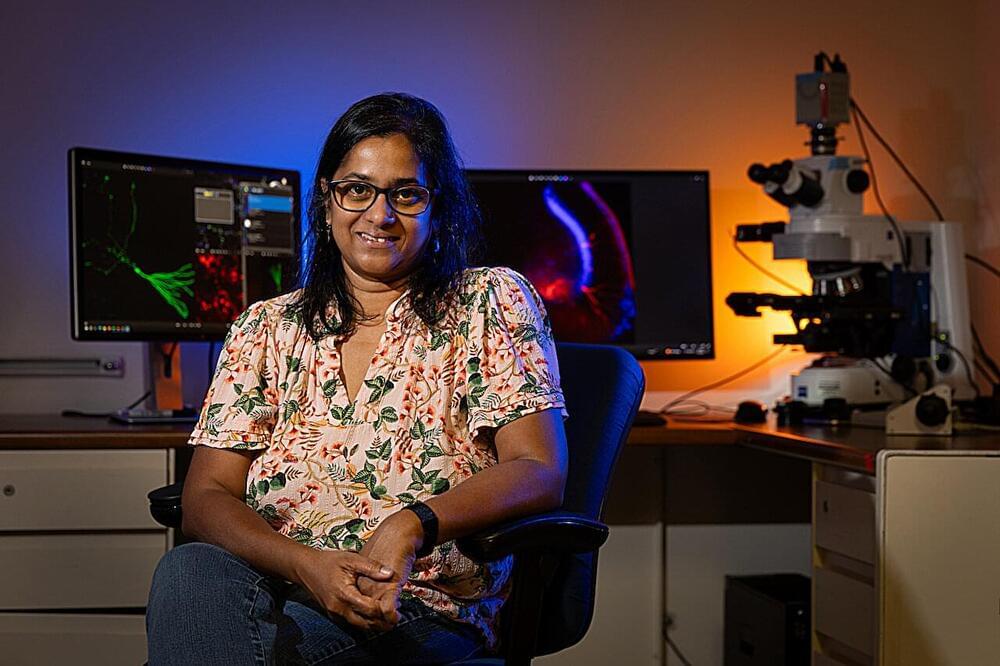
The gene neuropilin2 encodes a receptor involved in cell-cell interactions in the brain and plays a key role in regulating the development of neural circuits. Neuropilin2 controls migration of inhibitory neurons as well as the formation and maintenance of synaptic connections in excitatory neurons—two crucial components of brain activity.
A study led by neuroscientist Viji Santhakumar at the University of California, Riverside, and collaborators at Rutgers University in Newark, New Jersey, now offers insights into how this gene contributes to the development of behavioral changes associated with autism spectrum disorder and epilepsy.
The study, published in Molecular Psychiatry, offers a pathway for future treatments aimed at alleviating some challenging symptoms of these frequently co-occurring conditions.
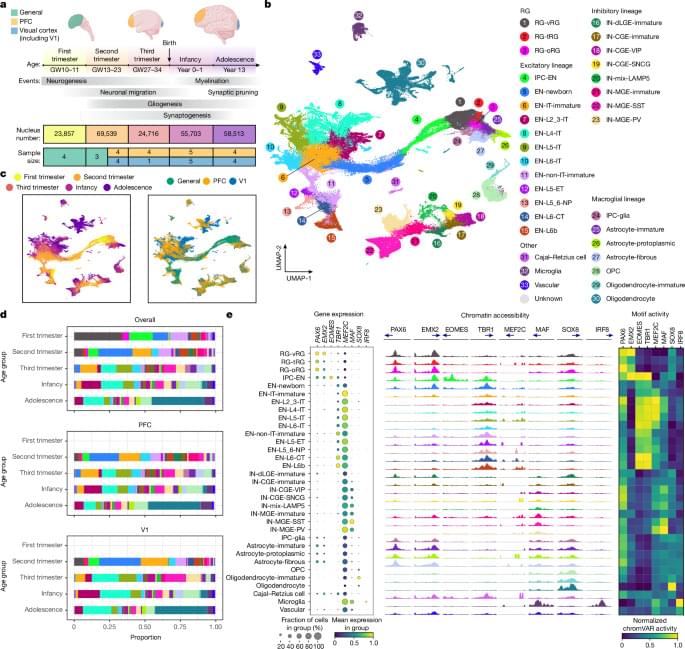
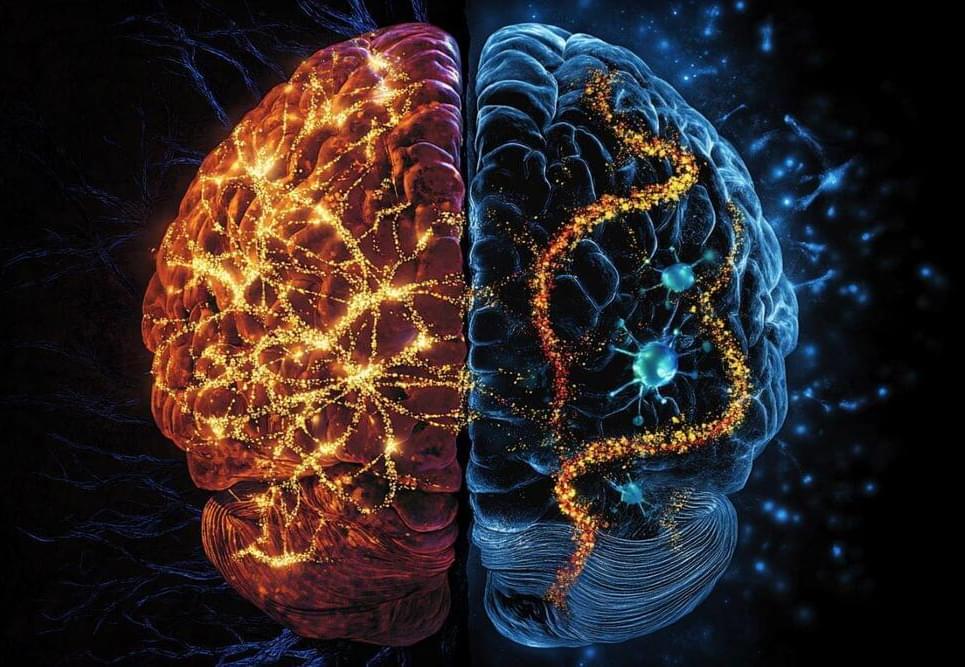
Summary: While humans share over 95% of their genome with chimpanzees, our brains are far more complex due to differences in gene expression. Research shows that human brain cells, particularly glial cells, exhibit higher levels of upregulated genes, enhancing neural plasticity and development.
Oligodendrocytes, a glial cell type, play a key role by insulating neurons for faster and more efficient signaling. This study underscores that the evolution of human intelligence likely involved coordinated changes across all brain cell types, not just neurons.
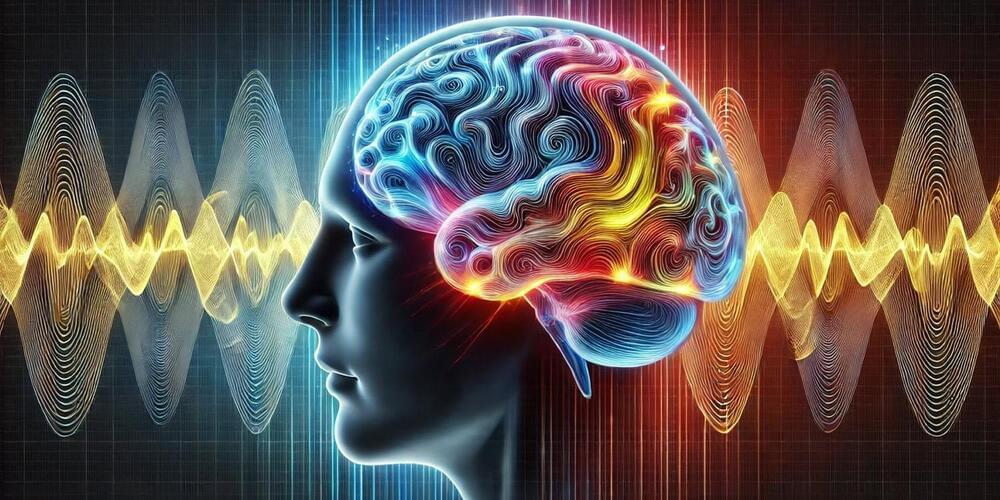
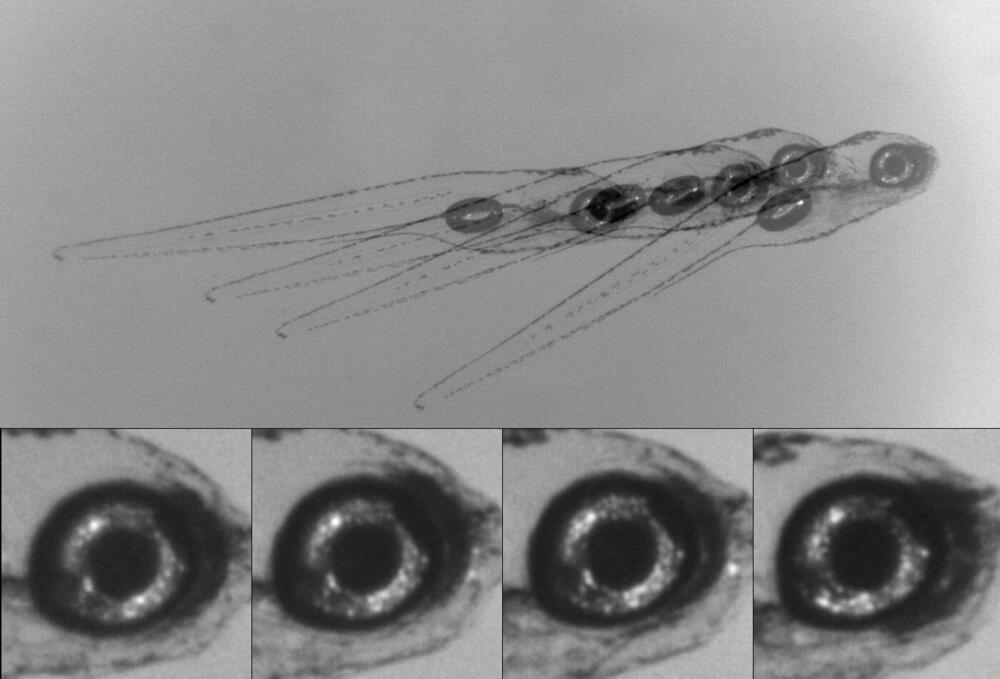
An ancient brain circuit, which enables the eyes to reflexively rotate up as the body tilts down, tunes itself early in life as an animal develops, a new study finds.
Led by researchers at NYU Grossman School of Medicine, the study revolves around how vertebrates, which include humans and animals spanning evolution from primitive fish to mammals, stabilize their gaze as they move. To do so, they use a brain circuit that turns any shifts in orientation sensed by the balance (vestibular) system in their ears into an instant counter-movement by their eyes.
The research is published in the journal Science.

In this interview, I sit down with Simon Critchley, Hans Jonas Professor of Philosophy at The New School for Social Research in New York, to explore his provocative new book, On Mysticism. Drawing on medieval Christian figures like Julian of Norwich and Marguerite Porete, Critchley argues that ecstatic experience, intense love, and a willingness to be “outside oneself” can offer a counterbalance to the narrowly rational outlook dominant in modern philosophy. Throughout our conversation, he probes the boundaries of faith and reason, discuss the possibility of maintaining mysticism alongside science, and question the role of philosophy itself in shaping our cultural consciousness. What follows is only a short, edited extract from Critchley’s call for more openness, both in our thinking and our collective search for meaning. Link to the full interview.
Sign up to get exclusive access.